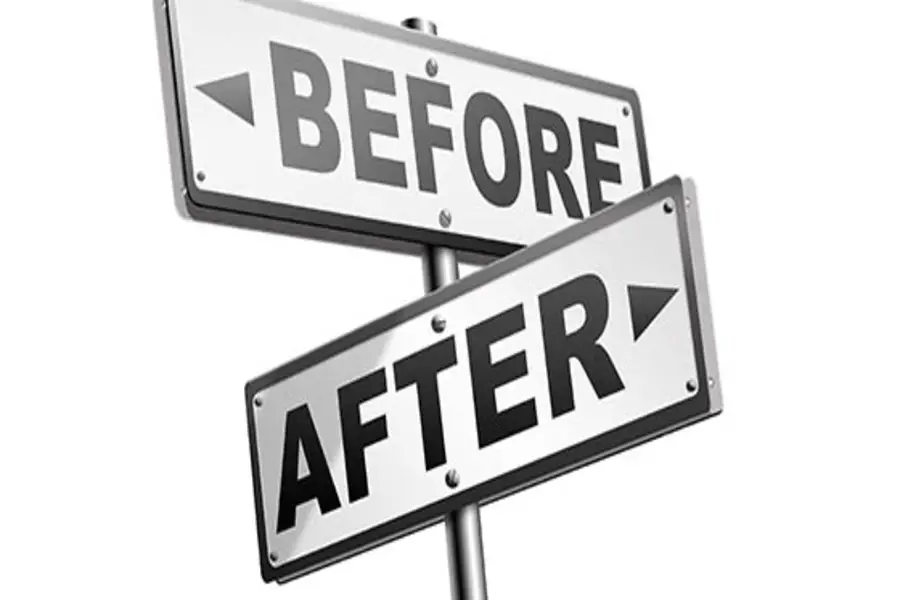Whether your company is a family-run operation, a partnership among friends or a multi-owner enterprise, a buy-sell agreement helps protect it in potentially disruptive “what if” scenarios, including death, disability, divorce, disputes or simply a change of heart. These events may trigger ownership transitions that, without proper planning, lead to costly conflicts and financial strain. How can you ensure a buy-sell works when it’s needed most? A solid business valuation framework helps an agreement withstand legal scrutiny and supports fair, efficient ownership transitions. An experienced business valuator can provide clarity in five critical areas. Determining the value of the business Knowing your business’s current value helps prevent unpleasant surprises. Whether an owner wants to exit the business or a tragedy occurs, a formal, unbiased valuation sets...




